the delusional broke artist to rich and famous superstar pipeline
how Bruce Willis could have been my dad (but actually how famous people are famous because they think they should be, but also because of a lot of other things, but largely because of that).
Bruce Willis always knew he was going to be famous, even when he was broke and unknown and bartending to pay for the cockroach infested dump he lived in Hell’s Kitchen. I know this because my mom dated him during this time, in the early-80s in New York City. Whenever I mention this fact, my mom rolls her eyes and reiterates that this is the least interesting thing about her–and she’s absolutely right. However, this isn’t intended to be an interesting tidbit about my mom. This is, to me, a fascinating insight into the psyche of a star–and into what it takes to achieve the unachievable.
How could Bruce Willis know, with no evidence, that he would one day be famous? Was he simply aware of his destiny, meaning he would have been famous whether or not he thought he would be? Did he manifest receiving the largest paycheck for a single role in history? Or was it something else?
Personally, I think Bruce Willis is famous in large part because he thought he would be, not because he was fated to be—I believe in free will, not destiny. I wouldn’t call it manifestation, per se, either. I think that manifestation only works in so far as it consciously realigns you with your goals, allowing you to work towards them outside of manifestation on both the subconscious and conscious plains.
Instead, I think Bruce Willis (along with most hugely successful people) achieved his dreams largely thanks to a somewhat delusional self-image and very robust ego. I think that achieving success of any kind, but particularly fame/notoriety as an artist, requires a certain level of self-aggrandizement or individual exceptionalism (for anyone who isn’t a nepo-baby, that is).
Now, it’s easy to look at stories like Bruce Willis’s and discount the necessity of ego in success by citing survivorship bias (as many people in the comments on a TikTok I made about this topic, which inspired this piece, did). And yes, it’s true that there are hundreds of thousands of ego maniacs who think that they’re the shit, but never end up making it.
However, the people who think they’re going to be successful but never come close are pretty irrelevant to this discussion, in my opinion, because the point isn’t that all people who believe themselves to be exceptional have exceptional careers—it’s that all people with exception careers believed themselves to be exceptional before they proved themselves to be.
That said, let’s talk about the people with delusional confidence who never succeed, if only to see what’s different between them and those who do.
There are three major archetypal types that I can think of who fall under the category of egotistical failures.
First: the delusional “artist,” who’s relatively talentless, but really, really self-assured. We all know some version of this person–that kid from high school who shamelessly promotes his objectively shitty Soundcloud music to anyone who will listen and talks like he’s the next Lil Nas X (only he never blows up…because he’s delusional and not talented, and his egotism in combo with his lack of self-awareness ends up being off-putting and gross). Some of these types actually end up being somewhat successful—simply because they’re prolific, opportunistic, and loud—but most of them are just the last person you’d ever want to be sat next to at a dinner party.
It’s always a little pathetic to witness, but these people usually end up ok, I think. You have to be really narcissistic to think you’re amazing when you have no talent, and that level of baseless self-confidence can carry a person for a long time.
Second: the tragic artist—those who have the talent to back up their belief in themselves, but don’t have the personality or mental soundness to withstand success. Their ego either comes with an attitude that makes them impossible to work with, or is paired with crippling a mental illness or addiction that makes it impossible for them to either generate work at all, maintain relationships, or withstand the inherent stress that comes with success. These people often have a blip of success early on, then fuck it all up by burning bridges or burning out. The lives of these people often end tragically. My dad was one of these types.
He, an artist, got a lot of attention early on, as the star of his MFA program. He then moved to NYC and managed to garner some hype and show at some notable galleries. However, he was an alcoholic, and even for the decade that he was dry, he was mentally ill, and he was never any good at maintaining relationships with galleries or collectors. In 2008, he started drinking again and completely fell off. When he resurfaced years later, ready to work and show again, he was devastated to discover that the world hadn’t been waiting for him. He was, in fact, irrelevant. His self-image did not align with how the world received him, and his passion mutated into anger and resentment. He never recovered, and ended up killing himself in his studio, surrounded by thousands of unsold masterpieces.
Believing that you should be famous can be fatal when you don’t have the constitution for fame.
Third: The marginalized artist. It’s important to acknowledge that some people end up “failing” simply because too many odds are stacked against them. Even if you’re talented, personable, and mentally sound, you may not succeed because access is extremely limited for those who aren’t some combination of white, male, wealthy, well-educated, cosmopolitan, and connected. There are scores of artists who might have succeeded—who should have succeeded—in a fairer world, but are never even given a shot because of who they are or where they come from.
When a marginalized person does achieve notoriety, the art world/Hollywood/the music industry/etc often tokenizes them, using them as proof that their industries aren’t racist/sexist/nepotistic cesspools. See! If this black artist can become famous on talent alone, then anyone can! The problem isn’t systemic prejudice; there just aren’t enough good black/female/trans creators! It’s gross and it’s bleak.
Now, with diversity requirements, it’s changing a bit—though I find the emphasis on inclusion to be a subtle way to discount non-white-male artists’ legitimacy. I don’t want to be a female filmmaker. I want to be a filmmaker. The added “female” makes me feel like I’m playing dress-up as a filmmaker while the men do the real thing.
Whatever. Let’s get back to the topic of ego…
So, yes, of course there are tons of people who fall miles short of their dreams and expectations for themselves! Believing that you’ll be famous isn’t the only key ingredient in achieving star status—it balanced delicately with personality, talent, hard work, and luck—but it is a key ingredient nevertheless. In some ways, I think it might be the most important ingredient, if only because it goes against what we’re taught to do.
We’re taught that we live in a meritocracy in which raw talent will be recognized and hard work pays off. We’re taught that humility and patience are virtues, and vanity and desire are sins. We’re taught to put our heads down, work, and wait for someone else (who’s more powerful and therefore valuable than we) to reward us by increasing our value, and that we’ll be punished if we dare to determine/advocate for our own value first.
What does this look like in practice?
If you’re a professional, you’re not immediately entitled to a promotion because you’re doing the work the reflects a higher job title (and salary). No, you’ve got to work overtime without complaint and for no additional compensation in order to prove to your boss that you want it badly enough, that you really deserve it.
If you’re an artist, your work isn’t valuable because it’s technically good or interesting–some critic or gallery or collector needs to say it’s worth something, and you need to produce work for free until you get enough accolades to warrant a pricetag.
If you’re a woman… forget it, you can’t even acknowledge that you’re pretty–ew, how vain and unattractive! No, you have to wait for a man to bestow his approval upon you. Cue Harry Styles: you don’t know you’re beautiful. That’s what makes you beautiful.
I call bullshit. This system isn’t in place because it’s virtuous, it’s in place because it inherently keeps power in the hands of those who already possess it.
No, if you want to be exceptionally successful, rather than successful in the everyday sense of the word, determining your own value–like thinking you’re going to be famous when you’re broke and irrelevant–and then projecting that value out into the world is instrumental in finding success. In order to have the balls to do that, you’ve got to think your work is worth something. You’ve got to believe that you have something special to say enough that you actually say it (until someone eventually listens). You have to think you’re famous before you are because you have to think you deserve not only to be in the room, but to be the center of attention in that room.
Bruce (I feel that I am entitled to a first name basis, given that he’s basically one accidental conception away from being my father) isn’t the only celebrity who knew that they were destined for stardom. Actually, there are tons of celebrities—from Jim Carrey to Lady Gaga—who have said on record that they felt this way. I can think of many more than the ones mentioned in that article, and I imagine that those who haven’t been recorded saying this have held back from saying anything because saying, “I always thought I’d be famous,” makes you sound like an asshole.
People (audiences, fans) want to think that they discovered someone, that they recognized talent before anyone else did. Artists appear more attractive when their fans believe that they recognized the value/beauty in whatever artist’s work before anyone else did–including the artist. I cannot tell you how much I love saying that I followed Justin Bieber on YouTube before he was famous. It makes me feel so…smart.
The only reason every celebrity/artist/famed entrepreneur hasn’t said, “I always knew I’d be famous,” is that they know to pretend that we made them. They’re ever so grateful and had never imagined anything like this. In reality? Fame was their plan all along, they just had to make it sound like our idea.
You have to be self-aware enough (or tactful enough) to know that no one likes an egomaniac. If you haven’t achieved star-status yet, acting like full of yourself might turn people off so much that you’ll never get there. Know that you’re a genius, but let other people think that they’re the ones discovering you’re a genius.
The importance of ego isn’t outward, but inward.
If you want to achieve great success, you have to believe in yourself because no one else will first. The odds are against you. You’re going to face rejection time and time again before you get a chance to prove yourself. You can’t take that rejection as a reflection of your talent or worth. You have to believe, for example, that the casting director that passed you over isn’t very good at their job, rather than think that you might not be that good an actor.
Simply put: you need to have faith in yourself before anyone else does in order to have the will to keep trying.
Aside from the fact that rejection erodes the soul when there’s no ego-buffer saying, “they’re blind, you’re amazing” to protect it, there’s another simple reason that (at times delusional) confidence is a major differentiator between success and failure and it’s that you have to have some ego to position yourself effectively. You have to dress for the job you want (I like to take it one step further and by spending for the income I want… so far, I’m definitely spending! I’ll let you know if my income catches up down the line…).
If you’re an artist, but you’ve never sold a painting so you answer, “what do you do?” with “I’m a bartender,” then you’re a bartender. Huge mistake. So what if you pay your bills by slinging vodka sodas? Were you asked, “how do you pay your rent?” No! Have the ego to not feel silly identifying with your dreams instead of your reality. Otherwise, people who like you are going to send you job openings for bartenders, not introduce you to collectors.
Simply put: people tend to believe you are who you say you are, and they’ll treat you as such.
Someone who knows they’re going to be successful answers with who they believe themselves to be, not who their current situation says they are, because know they have a right to that dream, regardless of whether they’ve reached it yet.
So, really, you can’t just want to be famous. You can’t just think you might be successful. You have to know that you’re going to be (or, even, believe that you already are, other people just aren’t hip to this insider info… yet). Know this so deeply that you aren’t afraid of trying for fear of failing. Failure isn’t even on your radar.
So, in case anyone is asking what I do: I’m a writer, filmmaker, and closeted celebrity. If you support and follow me now, you may one day be able to say, “I knew about Eva Evans when she was a relative nobody, and thus, made her somebody.”
Isn’t that thrilling?!

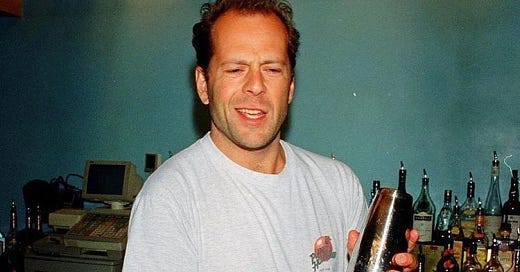



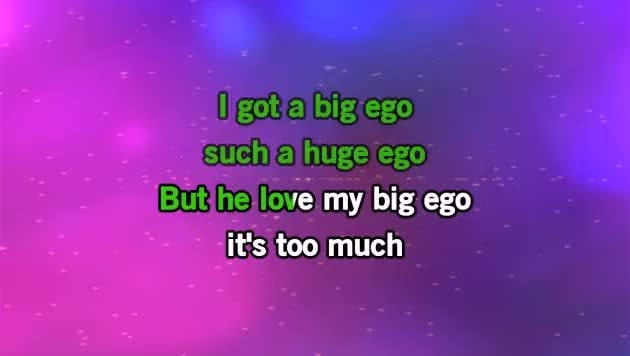

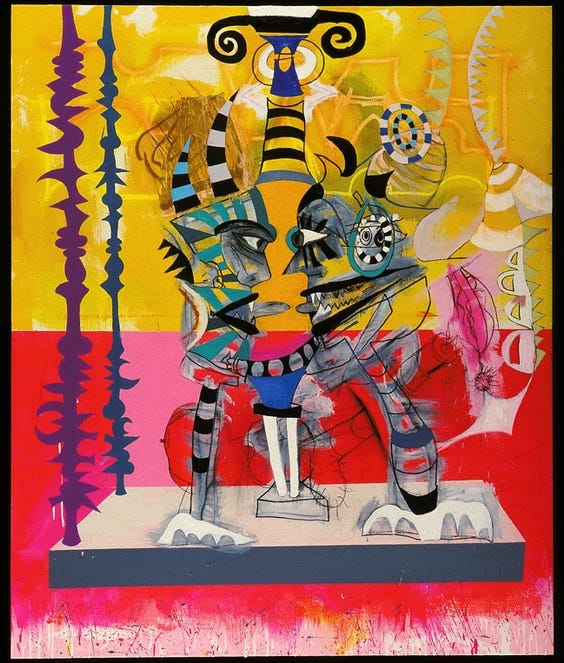
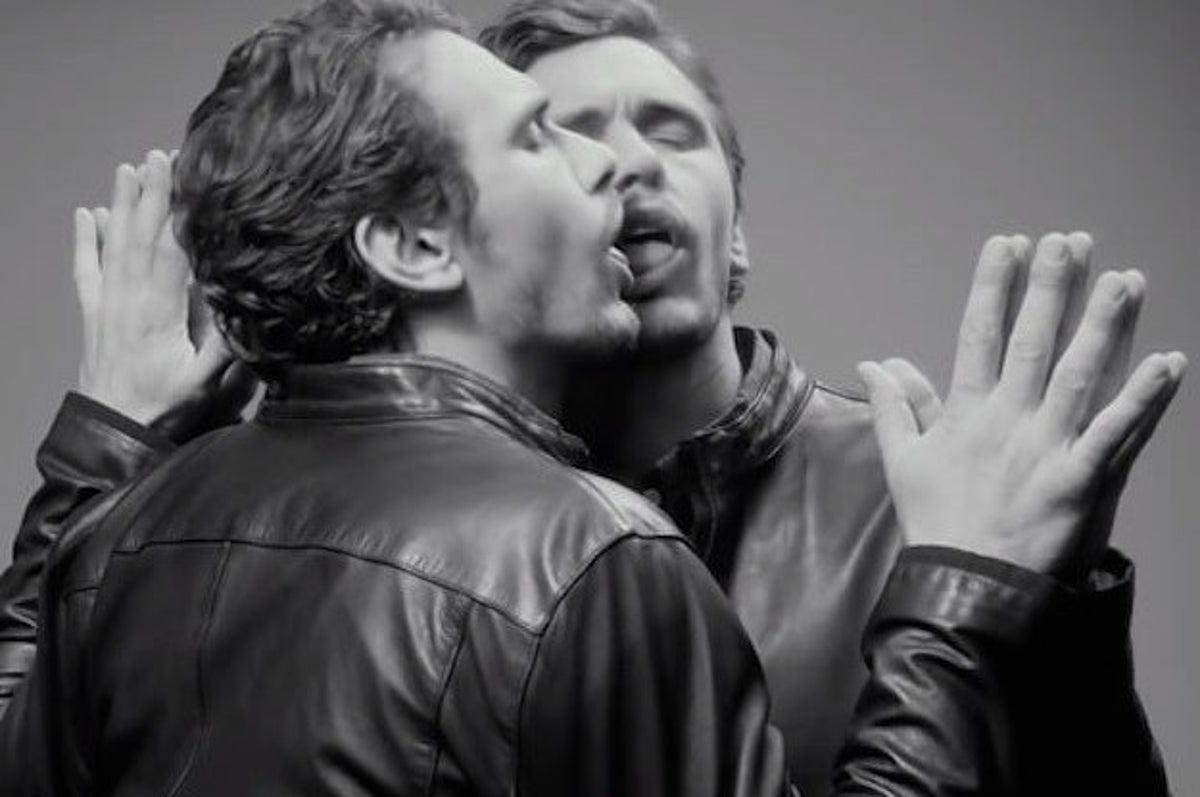
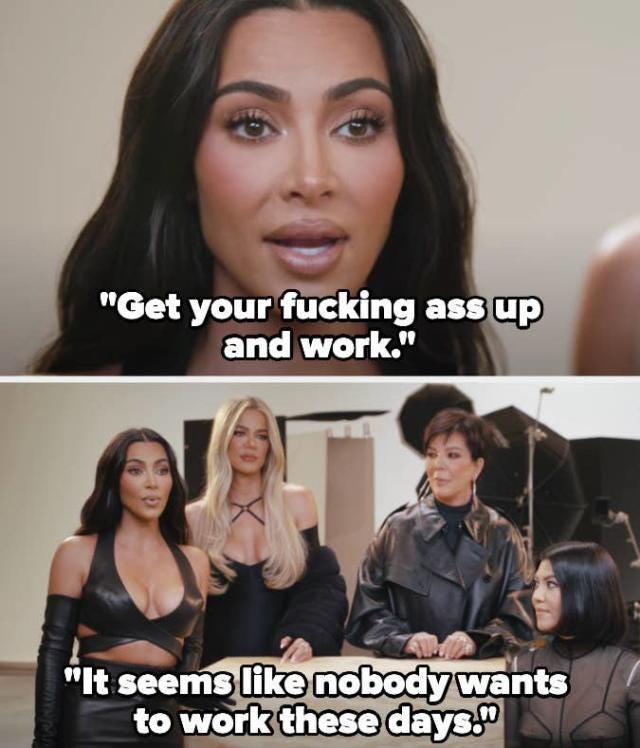
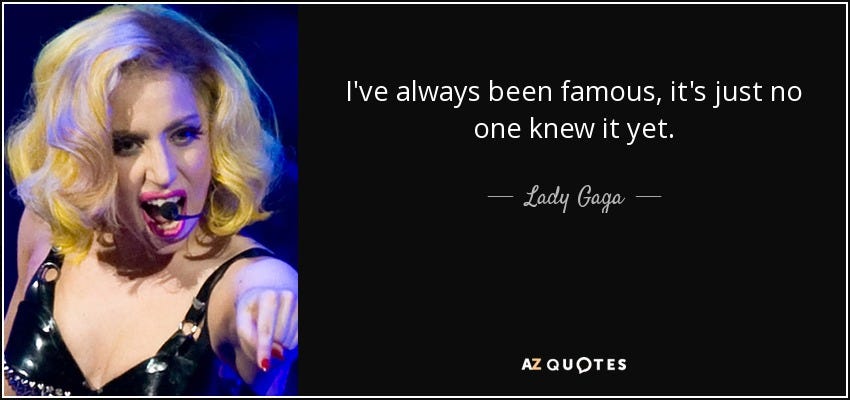
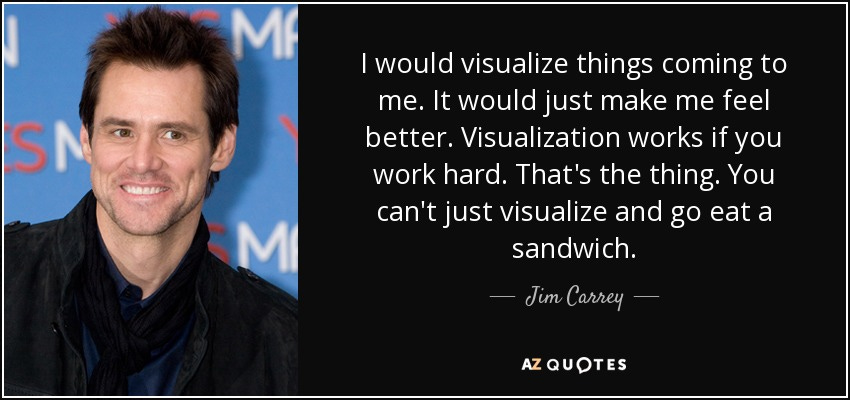
LOVE
We’re taught that we live in a meritocracy in which raw talent will be recognized and hard work pays off. We’re taught that humility and patience are virtues, and vanity and desire are sins.
Preach!!!
I discovered you by searching "delusional confidence on Substack" . What a great essay. Keep doing what you're doing.